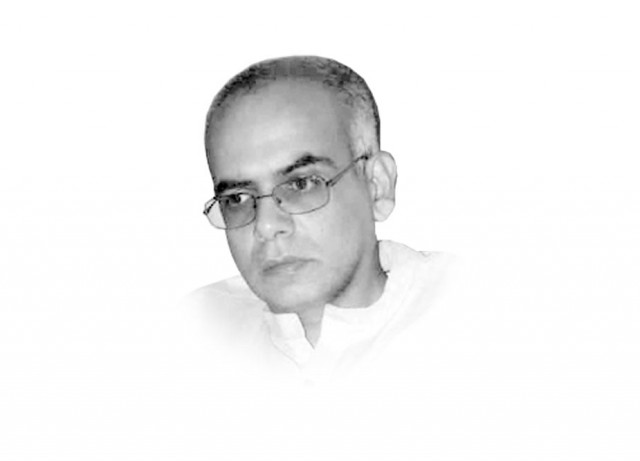Education for all?
Despite need for equitable education, educational access & outcomes are hindered by geography, poverty, gender biases.

The writer is a post-doctoral fellow at McGill University

Moreover, Unesco emphasises how even a basic level of education helps improve productivity. It compares data from Pakistan and Vietnam to illustrate the importance of ensuring equal access to education. In 2005, the average amount of time spent at school by adults in both countries was similar (4.5 years in Pakistan and 4.9 years in Vietnam). However, the number of years spent in school by different types of people varies greatly in Pakistan compared with Vietnam. This difference in education inequality is cited as a major factor for stark differences in per capita growth in the two countries between 2005 and 2010. Vietnam’s per capita income was 40 per cent less than that of Pakistan during the 1990s, but it became 20 per cent higher by 2010.
While there are several other factors which have also contributed to the above described variance in per capita income levels, education’s impact on improving the lives of ordinary people is hard to ignore. Working Pakistani women with good literacy skills are, for example, estimated to be earning 95 per cent more than women with weak literacy skills. Basic education also allows women to become more empowered and exert greater influence on determining how many children to have.
Yet, despite the evident need for equitable education to help empower vulnerable people, educational access and outcomes are often hindered by geographical disadvantage, poverty and gender biases. In Balochistan, only 45 per cent of children in grade five are able to solve a two-digit subtraction problem, compared with 73 per cent in Punjab. Merely one-fourth of girls from poor households in Balochistan achieve basic numeracy skills. However, boys from rich households in the province are doing much better on standardised tests than children from poorer households.
Teacher absenteeism remains a major problem as does the quality of teacher training. In Pakistan, trainee teachers only spend 10 per cent of their training time in classrooms.
Unesco estimates that if the government were to increase its tax revenue to 14 per cent of GDP (up from 10 per cent) by 2015 and allocate one-fifth of this amount to education, it could significantly improve the education situation. While the need for our government to raise more funds to invest in education is a good suggestion, Unesco should also take note of the adverse impacts of market-based policies towards education being propagated by entities like the World Bank across the developing world. Such policies, which have placed increasing emphasis on low-cost private education, remain unable to fulfil the goals of providing universal education or bridging educational inequality gaps.
Published in The Express Tribune, February 7th, 2014.
Like Opinion & Editorial on Facebook, follow @ETOpEd on Twitter to receive all updates on all our daily pieces.
















COMMENTS
Comments are moderated and generally will be posted if they are on-topic and not abusive.
For more information, please see our Comments FAQ